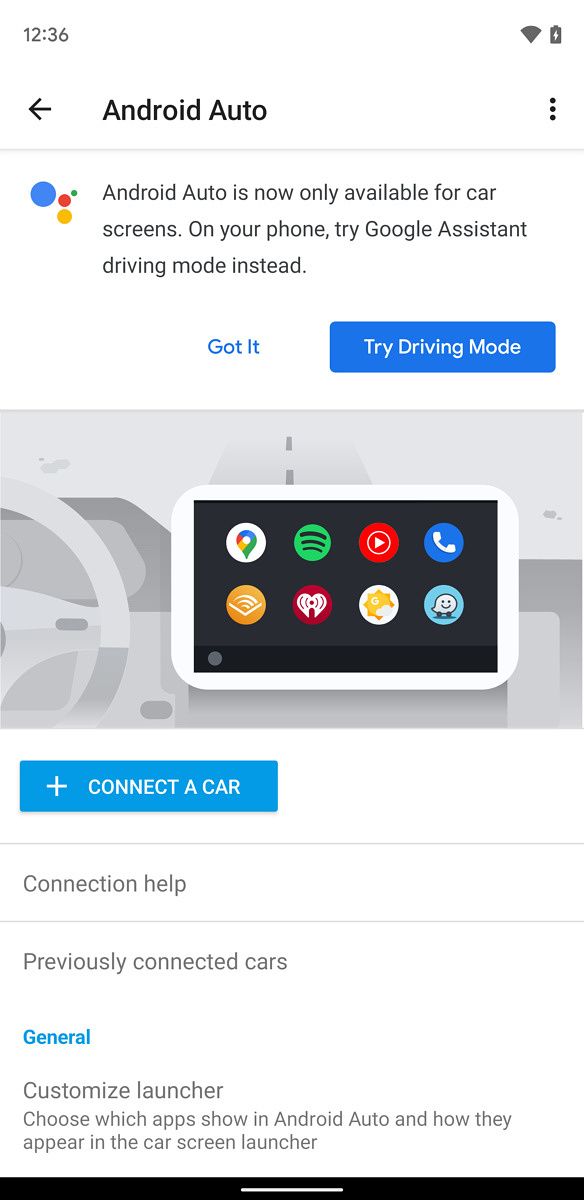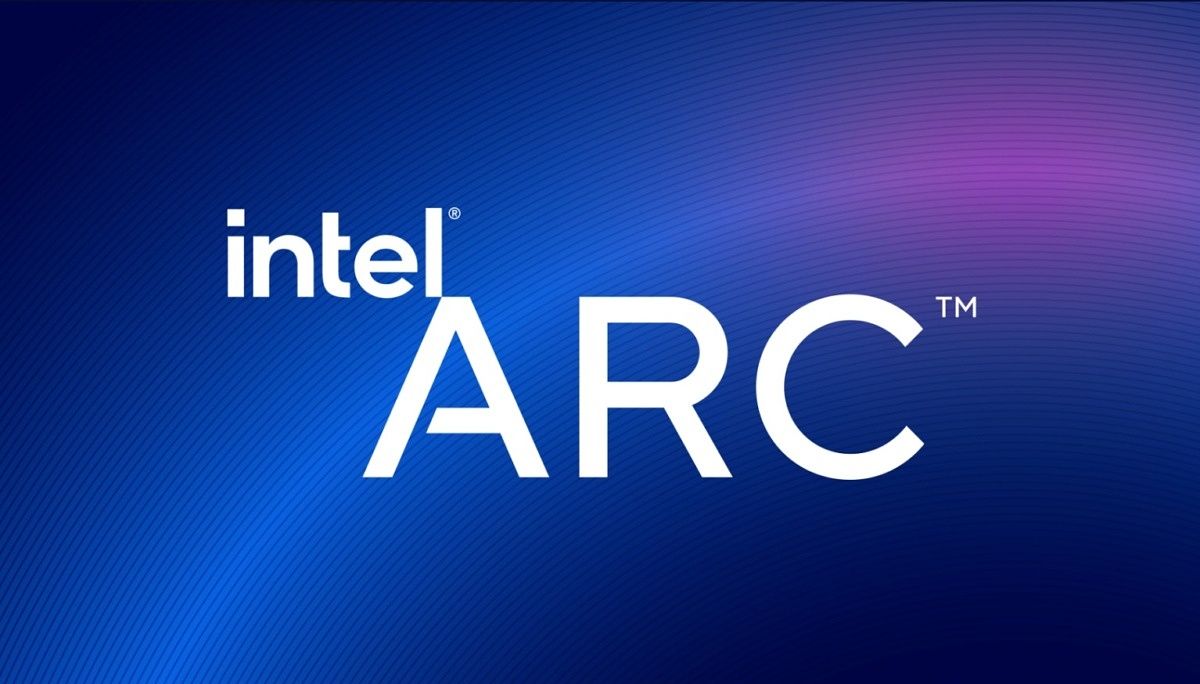
A lot happened in the tech world this past week. Google launched the Pixel 5a, we spotted a cool new accessibility feature in Android, Samsung executives addressed the ads situation in One UI, Microsoft showed off the new Paint app for Windows 11, and much more. In case you missed any of our coverage, here’s a brief overview of all the significant developments in the tech world from this week.
Google Pixel 5a pre-orders are now open
Google quietly launched the mid-range Pixel 5a on Tuesday. The latest Pixel phone brings some minor improvements over the Pixel 4a 5G from last year, including a marginally bigger display, a substantially bigger 4,680mAh battery, a more premium metal unibody construction, an IP67 rating, a lower price, and a new “Mostly Black” colorway.
![]()
The device is already available for pre-order in the U.S. for $449, $50 cheaper than its predecessor. In case you wish to get your hands on one, you can follow this link to the Google Store and pre-order it right away, or you can wait until it goes on sale on August 26th.
If you’re looking to buy the Pixel 4a 5G or Pixel 5, then act fast, because Google has discontinued both models right after launching the Pixel 5a. They’ll continue to be sold until the stock runs out, after which Google won’t manufacture any more of them.
Control your Android phone with your face
The latest update for the Android Accessibility Suite app introduced a new feature, called “Camera Switches,” that lets you control your device using facial expressions. The feature is currently available on the beta channel, and it lets you set up a handful of gestures for a couple of controls, like open mouth to scroll forward, raise eyebrows to open Quick Settings, and more.



If you wish to try it out, you can head over to our original article by clicking the link above and follow the instructions given in the post. Do note that while the feature came with an app update preloaded on the latest Android 12 beta, you can sideload the APK on a device running Android 11 to give it a whirl.
Android Auto for phone screens won’t work on Android 12
This week, a few Android Auto for phone screen users spotted a warning that the phone experience is going away. The warning stated: “Android Auto is now only available for car screens. On your phone, try Google Assistant driving mode instead.” Shortly after we reported the warning, Google released a statement confirming that it planned to kill off the Android Auto for phone screens experience on Android 12.

Google is deprecating Android Auto for phone screens in favor of the Google Assistant driving mode, which offers users a similar Android Auto experience on their phones. The feature is already available for users and it will completely replace the Android Auto for phone screens experience starting with Android 12.
Samsung will get rid of ads in One UI soon
Samsung’s One UI has an ad problem, with several of its stock apps displaying banner ads, even on flagship devices. The company also sends out push notifications on One UI, asking users to buy other Samsung products. This has been a point of concern for many Samsung users, and the company plans on addressing it soon.



Ads in One UI stock apps
At a recent town hall meeting with employees, senior Samsung officials revealed that the company will remove ads in future builds of Samsung Pay, Samsung Themes, Samsung Weather, and more. The company later released a statement confirming its decision, noting that it will remove ads from stock One UI apps later this year. Samsung hasn’t released an exact timeline for this change.
Microsoft showcases new Paint app for Windows 11
Over the last few weeks, Microsoft has been sharing sneak peeks at the new apps for Windows 11. This week, the company showcased the new Paint app, which brings dark mode support, several new UI elements from the Windows 11 design language, and updated icons.

The new Paint app also features a couple of revamped menus, a list layout for the brush menu, and more. You can read more about the new Paint app by following the link above.
Epic Games lawsuit shed light on Google’s actions to maintain Play Store dominance
The court documents from the ongoing Epic Games vs Google lawsuit were recently unredacted, revealing juicy details on just how far Google was willing to go to maintain its Play Store dominance. The documents highlighted Project Hug — a program Google founded to quietly pay off game developers to keep their games on the Play Store; Project Banyan — Google’s first attempt to buy out Samsung’s app store; and the Premier Device Program — which gave Android phone makers a greater share of search revenue if they agreed to not ship devices with third-party app stores.
The documents also revealed that Google executives considered teaming up with Tencent to purchase Epic Games and the company even mulled preventing sideloading on Android altogether. There are a ton of juicy details here, so make sure you check out our full post on the lawsuit.
Facebook is under renewed scrutiny by the FTC
Raise your hand if you’ve heard this one before: Facebook is a monopoly. Many people — and it seems the U.S. Government — aren’t happy with how Facebook conducts its business, especially with how it goes around buying up companies that could remotely be seen as a future threat. This week, the FTC refiled its lawsuit against Facebook, and it’ll be interesting to see if this case is the one that takes down the behemoth.
Hackers breach T-Mobile servers
T-Mobile has suffered another data breach, and this one is massive. Personal data on tens of millions of customers has been leaked, and some of that data is quite sensitive. The full scope of the hack has yet to be understood, but it’s clear that T-Mobile has a big problem on its hands. If you’re a T-Mobile customer, we recommend changing your PIN and getting a credit freeze ASAP.
Intel Arc announcement
On Monday, Intel announced the branding for its new dedicated graphics cards — Intel Arc. For the unaware, Intel Arc graphics cards will be based on the Iris Xe HPG architecture, and they will be aimed at gamers. The GPUs will compete with NVIDIA and AMD’s offerings for a piece of the PC gaming pie.

The first-gen Intel Arc cards will offer real-time ray tracing support and AI-based supersampling, and they’re set to arrive in the first quarter of 2022. The GPUs will be available for both laptops and desktops.
Alongside the Intel Arc announcement, the company also shared details on its upcoming Alder Lake chips launching this later this fall.
Along with these major developments, we learned about the following this past week:
- Samsung Pay can now store your coronavirus vaccine card
- Fossil’s next-gen WearOS smartwatches leaked on Amazon
- OnePlus plans to launch the OnePlus 9 RT with OxygenOS 12 based on Android 12 in October
- Android 12 will let you open multiple windows of Google Chrome like on desktop
Additionally, we published the second part of our Galaxy Z Flip 3 and Google Pixel 5a review, our Galaxy Watch 4 Classic and Wear OS 3 review, a hands-on of the Mi MIX 4, and more. You can check those out by following the links below:
- Samsung Galaxy Z Flip 3 Review (Part 2): Redefining the $1,000 smartphone
- Google Pixel 5a Review (Part 2): This camera is hot
- Xiaomi Mix 4 Hands-on: The original Mi Mix vision, finally realized to perfection
- Samsung Galaxy Watch 4 Classic Review: The best Wear OS watch yet
- This is what Wear OS 3 with One UI Watch is like on the Samsung Galaxy Watch 4
- Hands-on with the Google Pixel 5a: Still tons of value at a low price
- Motorola Edge (2021) First Impressions: A great-looking mid-range phone loaded with features
The post This Week in Tech: Use your face to control your phone, Windows 11 Paint app, Intel Arc, and more appeared first on xda-developers.




0 comments:
Post a Comment